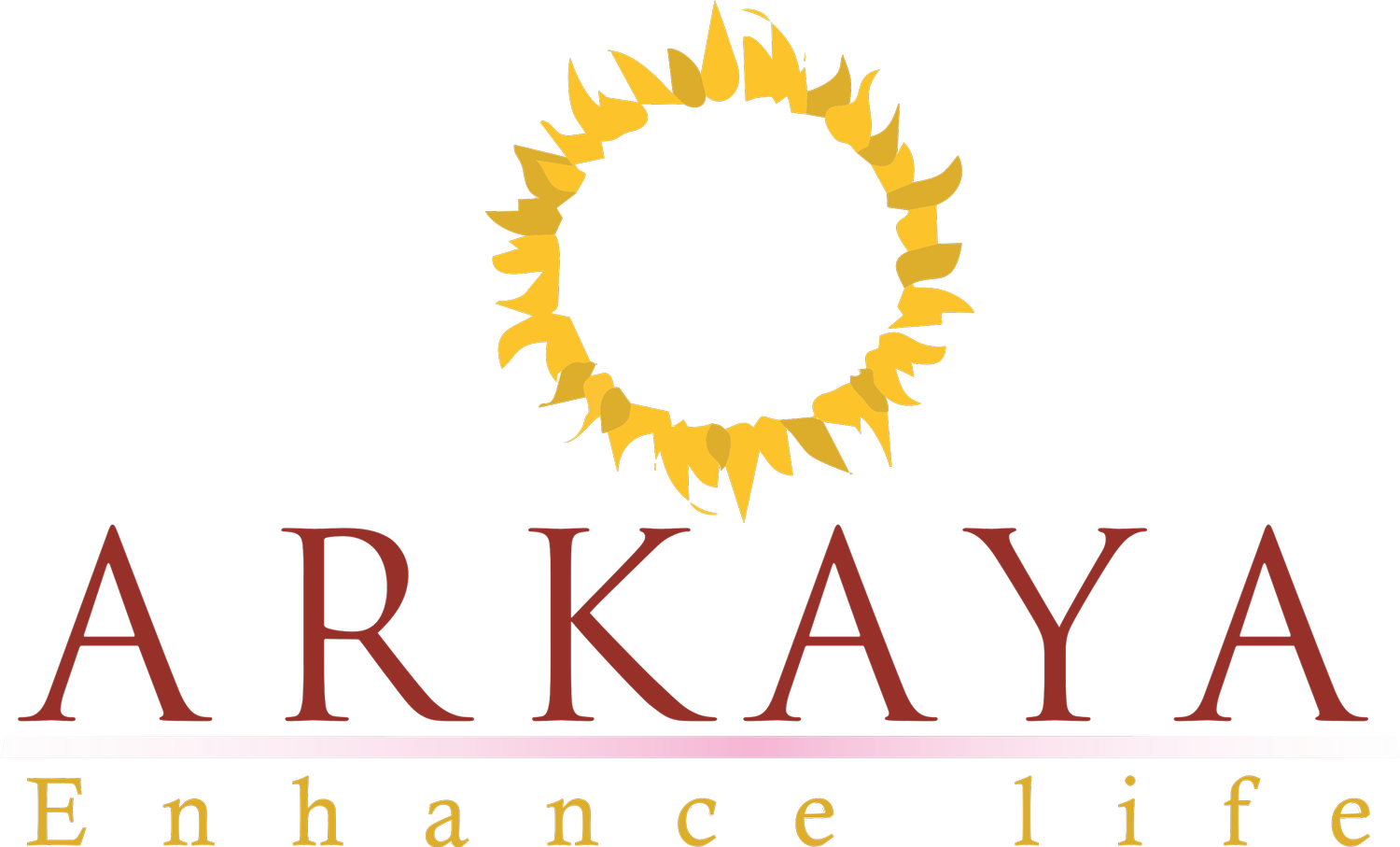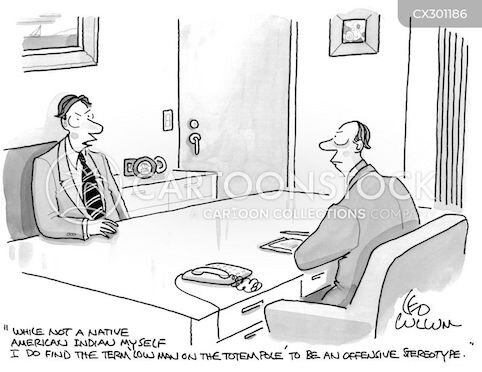Last week we focused on the list of 9 points that supports reconciliation. We need to take steps to bridge this divide and create inclusive spaces where we can speak about the yogic life.
If you find someone using a derogatory term or misconception about another culture or specific misconception about yoga , we can invite them into a conversation , instead of ignoring it.
Many of us are programmed to avoid uncomfortable conversations and this avoidance or ignoring only further perpetuates ignorance. We can be kind, gentle and inclusive.
Maybe we misunderstood or the other person misunderstood. However we will never know until we ask or speak.
Read More


